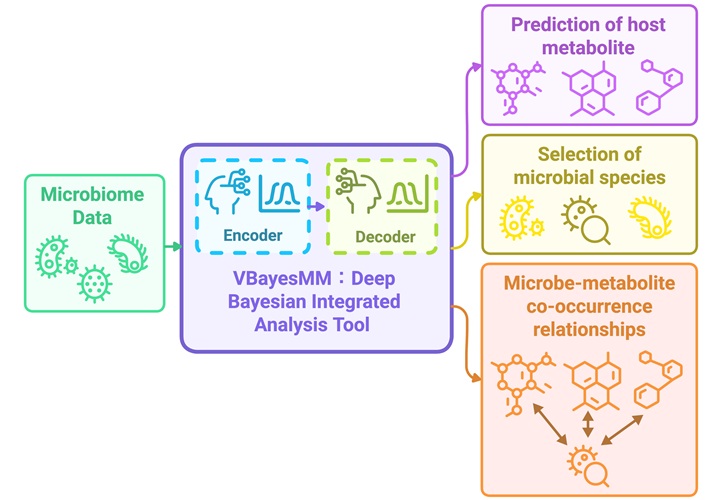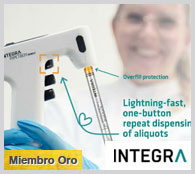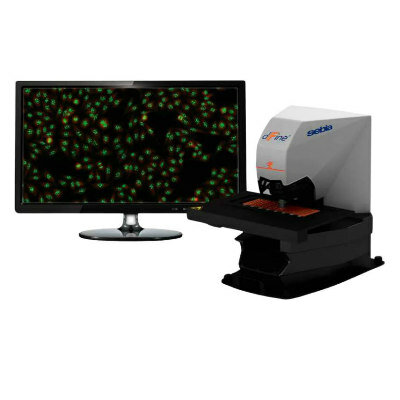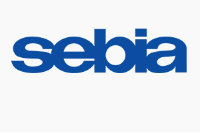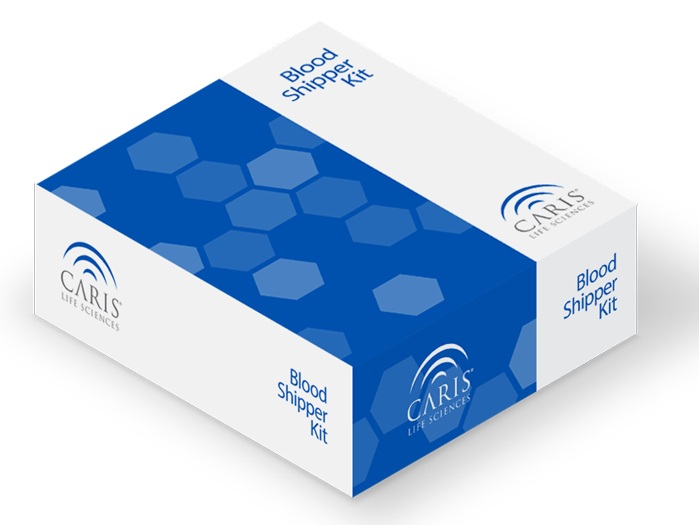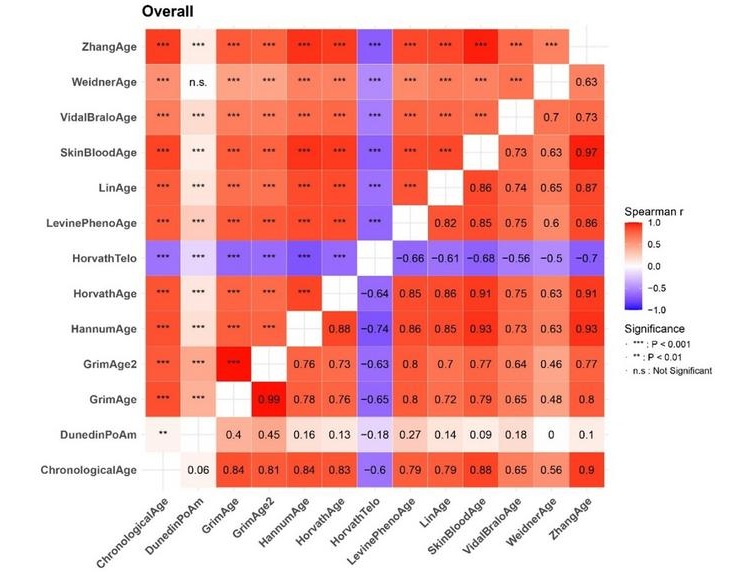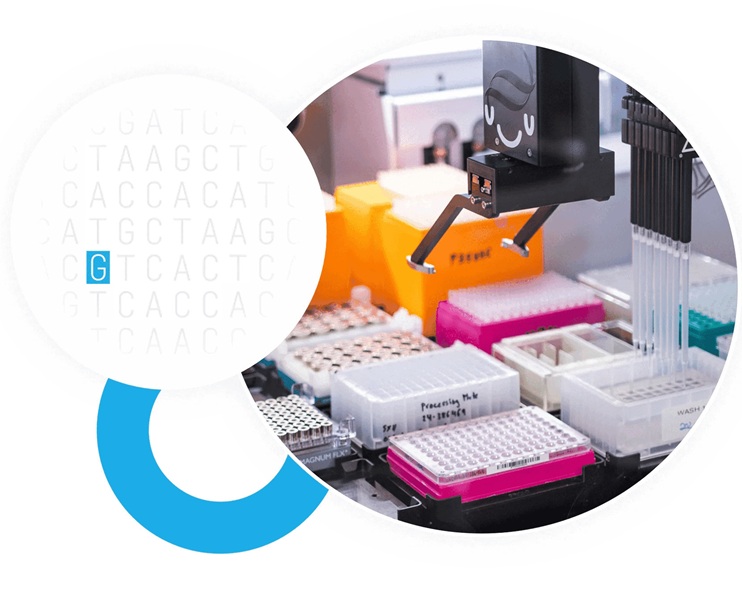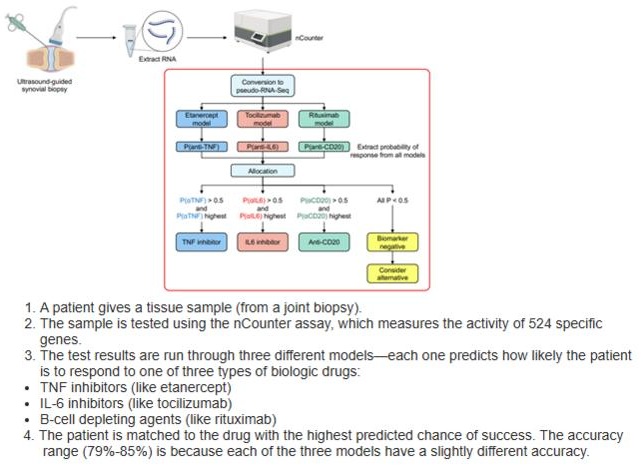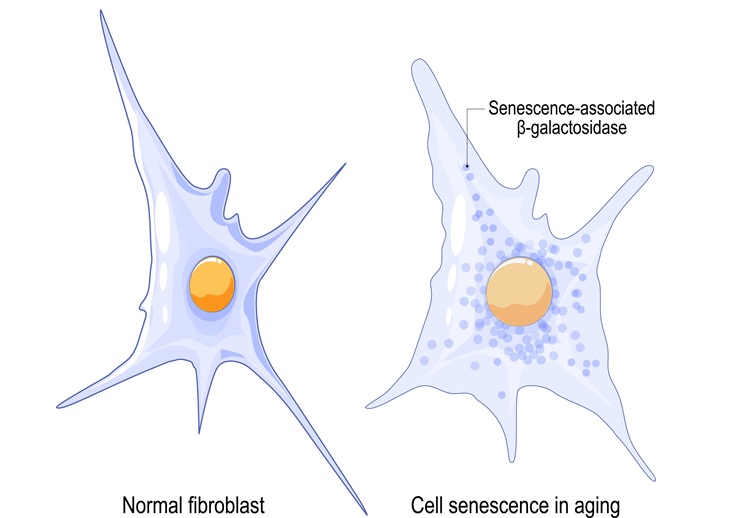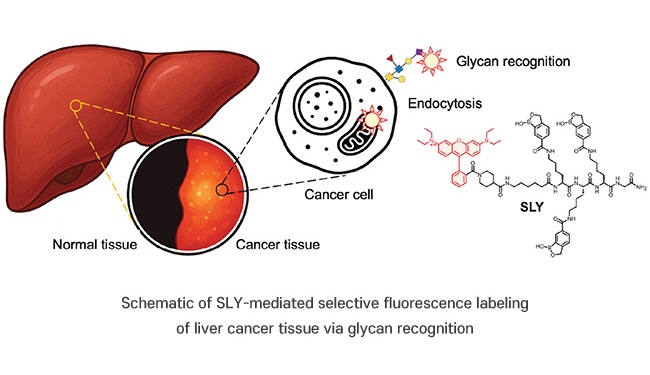Mercado mundial de analizadores de química clínica impulsado por mayor volumen de pruebas y TAT más corto por la automatización
|
Por el equipo editorial de LabMedica en español Actualizado el 12 Apr 2022 |
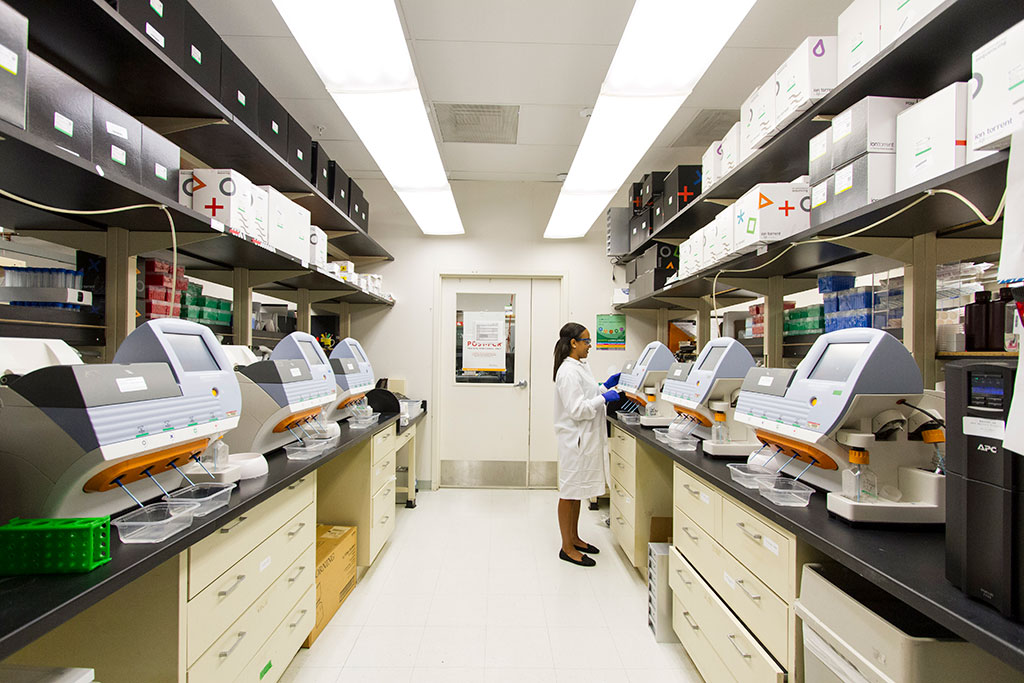
Chemistry analyzers are medical laboratory devices used to measure the concentration of particular compounds inside samples of serum, plasma, urine and other body fluids. Substances tested by this equipment include specific metabolites, electrolytes, proteins, and medicines. In today's shifting healthcare environment, laboratories all over the world are under pressure to improve patient care while lowering operating costs. It is one of the most essential aspects of clinical laboratory analysis, and the clinical chemistry analyzer market has made significant progress in recent years. A wide range of tests, including diabetes testing, liver and kidney function, and electrolytes, as well as lipid profiles, thyroid testing, antibiotic drug level monitoring, and other drug level monitoring tests, can now be performed in the physician practice lab using an efficient, state-of-the-art chemistry analyzers.
The global clinical chemistry analyzer market was valued at over USD 12 billion in 2021 and is anticipated to grow at a CAGR of 4.8% over the forecast period (2022-2030). Leading manufacturers in the market are focused on providing a wide range of features such as interactive touch screen interface, advanced optics, on-board curve-fitting software, bichromatic and monochromatic reading, long-lasting IAD filters, and much more. In recent decades, the clinical chemistry instrumentation business has seen a rapid evolution of technological improvements. Novel features, such as closed tube sampling, automated maintenance processes, streamlined calibration, and internet-based remote diagnostics, have been introduced with each new system generation. These intend to help laboratories better meet the needs of physicians and patients while creating efficiencies, driving quality, lowering costs, and addressing workforce fluctuations. Thus, these factors are driving the growth of the global clinical chemistry analyzer market. These are the latest findings of Absolute Markets Insights (Pune, India), a market research company.
Based on type, automated clinical chemistry analyzers are gaining huge popularity as automation in clinical chemistry is resulting into higher volume of testing and a shorter turnaround time. When handled by laboratory specialists, the utilization of automated analyzers that can combine a variety of assays, assay types, reagents, software and peripherals provides a holistic package for enhancing clinical efficacy and outcomes. Moreover, automated analyzers improve user safety from biohazards and reduce the possibility of cross-contamination along with providing increased throughput. The leading players in the market are focused on incorporating advanced technologies into their analyzers.
In the last few years, there has been a rise in healthcare awareness among a large population which has led to a rise in clinical testing. The testing of molecular functions is gaining popularity as these tests measure blood sugar, electrolyte, fluid balance, and kidney function which are vital for the early detection of chronic diseases. Moreover, rising concerns over cardiac diseases have also led to increased demand, as these cardiac marker tests measure specific biological markers (biomarkers) in blood to detect various heart diseases. Clinical chemistry analyzers provide high throughput point-of-care solutions for the diagnosis of myocardial infarction and other cardiac-related diseases by measuring the levels of STAT, cardiac troponin, CKM and CKB, myoglobin. Thus, these factors are boosting the demand for clinical chemistry analyzer market globally.
Geographically, Asia Pacific is anticipated to be the fastest growing region in the global clinical chemistry analyzer market over the forecast period. The geriatric population in countries such as China, Japan and India is increasing rapidly, leading to a rise in various age-associated diseases such as hypertension, kidney issues, diabetes, liver problems and others. As these health problems require various tests such as basic metabolic panel, lipid profiles to be carried out, the demand for clinical chemistry analyzers is rising in the Asia Pacific region.
Enlaces relacionados:
Absolute Markets Insights
Últimas Industria noticias
- Foro de Innovación COMPAMED 2025 destaca trabajo innovador en diagnóstico del cáncer
- Quanterix completa adquisición de Akoya Biosciences
- Lunit y Microsoft impulsan diagnóstico del cáncer basado en IA
- La AMP publica guía de mejores prácticas para laboratorios clínicos que ofrecen pruebas HRD
- Illumina adquiere SomaLogic y acelera su negocio de proteómica
- Qiagen y Gencurix se asocian para desarrollar el ensayo de PCR IVD digital QIAcuity
- QIAGEN e Incyte firman acuerdo de colaboración en medicina de precisión
- bioMérieux adquiere soluciones y tecnologías de diagnóstico Day Zero
- Universidad de Aston y BG Research se asocian para comercializar diagnóstico médico innovador
- Fujirebio colabora con Stanford Medicine para impulsar la investigación de enfermedades infecciosas
- QuidelOrtho adquirirá la empresa de DM LEX Diagnostics
- QIAGEN establece nuevas alianzas estratégicas para ampliar su cartera de pruebas de EMR en oncología
- Danaher y AstraZeneca desarrollan diagnósticos de próxima generación basados en IA
- EuroMedLab 2025 presenta las últimas tecnologías e innovaciones en medicina de laboratorio
- Qiagen adquiere Genoox, empresa de software de análisis NGS
- Cepheid y Oxford Nanopore se unen para desarrollar soluciones con secuenciación automatizada
Canales
Química Clínica
ver canal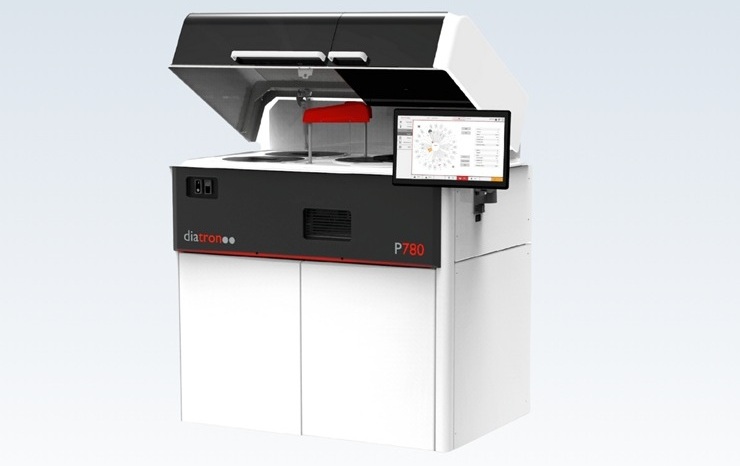
Nuevo analizador de química clínica satisface crecientes demandas de laboratorios modernos
Un nuevo analizador de química clínica está diseñado para proporcionar un rendimiento excepcional y máxima eficiencia, sin comprometer la asequibilidad, para satisfacer... Más
Procedimiento de medición referencial estandariza resultados de pruebas de amplificación de ácidos nucleicos
Las pruebas de amplificación de ácidos nucleicos (PAAN) desempeñan un papel fundamental en el diagnóstico de una amplia gama de enfermedades infecciosas. Estas pruebas son conocidas... MásDiagnóstico Molecular
ver canal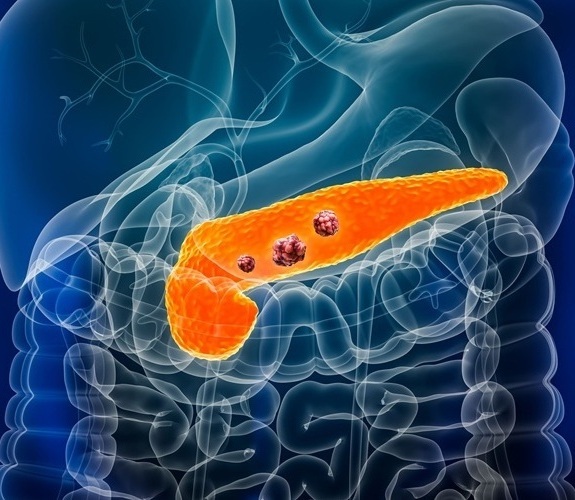
Nuevo panel de biomarcadores para detección temprana del cáncer de páncreas
El cáncer de páncreas (CP) tiene uno de los peores pronósticos a nivel mundial, ya que solo el 13 % de los pacientes diagnosticados sobrevive cinco años o más.... Más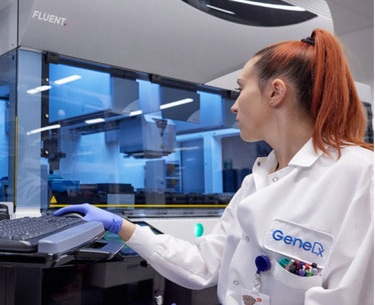
Secuenciación ultrarrápida del genoma completo para pacientes neonatales y pediátricos ofrece resultados en 48 horas
Las enfermedades genéticas son la principal causa identificable de mortalidad infantil, y el diagnóstico temprano es crucial para mejorar la evolución de los pacientes.... MásHematología
ver canal
Prueba de cartucho desechable ofrece resultados de hemograma rápidos y precisos
El hemograma completo (HC) es una de las pruebas de laboratorio más solicitadas, crucial para diagnosticar enfermedades, monitorear terapias y realizar exámenes de salud rutinarios.... Más
Primera prueba de monitorización de heparina POC proporciona resultados rápidos
La dosificación de heparina requiere un manejo cuidadoso para evitar complicaciones hemorrágicas y de coagulación. En situaciones de alto riesgo, como la oxigenación por membrana... MásInmunología
ver canal
Ensayo clínico evolutivo identifica nuevas terapias basadas en biomarcadores para cáncer de mama metastásico
El cáncer de mama metastásico, que se produce cuando el cáncer se propaga desde la mama a otras partes del cuerpo, es uno de los cánceres más difíciles de tratar.... Más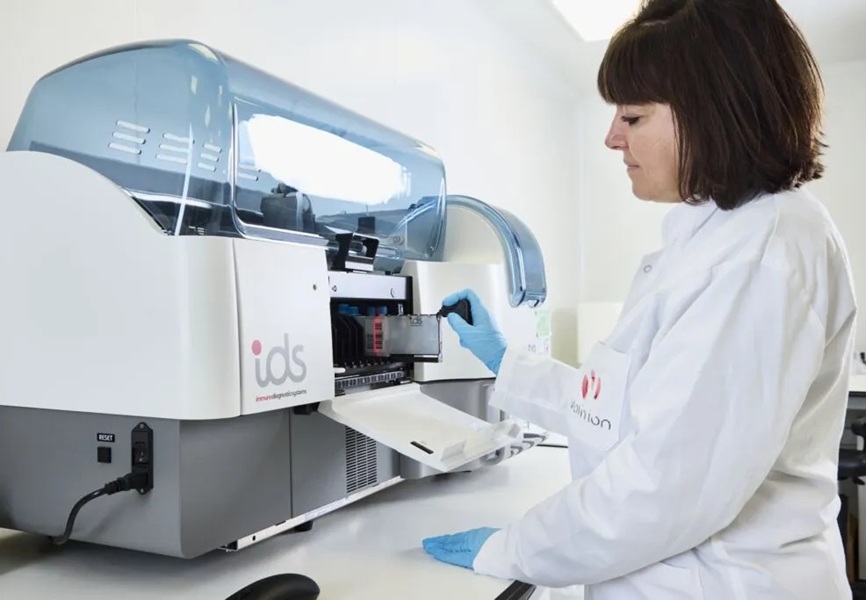
Innovadora prueba de flujo lateral cuantifica nucleosomas en sangre venosa completa en minutos
Diagnosticar las alteraciones inmunitarias con rapidez y precisión es crucial en afecciones como la sepsis, donde la intervención oportuna es fundamental para la supervivencia del paciente.... MásMicrobiología
ver canal
Pruebas de carga viral ayudan a predecir gravedad del Mpox
La Mpox es una infección viral que causa síntomas gripales y una erupción cutánea característica, que evoluciona significativamente con el tiempo y varía entre pacientes.... Más
Análisis de microbiota intestinal permite detección temprana y no invasiva de diabetes gestacional
La diabetes mellitus gestacional es un trastorno metabólico común que se caracteriza por un metabolismo anormal de la glucosa durante el embarazo, que suele manifestarse en las etapas intermedia... MásPatología
ver canal
IA predice con precisión mutaciones genéticas en muestras patológicas rutinarias para atención oncológica más rápida
Las decisiones actuales sobre el tratamiento del cáncer suelen basarse en pruebas genéticas, que pueden ser costosas, requerir mucho tiempo y no siempre estar disponibles en los principales hospitales.... Más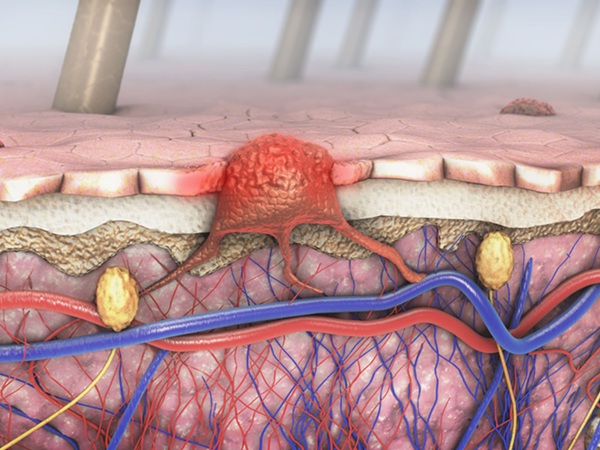
Herramienta de IA mejora interpretación de patólogos de muestras de tejido
El melanoma maligno, un tipo de cáncer de piel, es diagnosticado por patólogos basándose en muestras de tejido. Un aspecto crucial de este proceso es estimar la presencia de linfocitos... MásTecnología
ver canal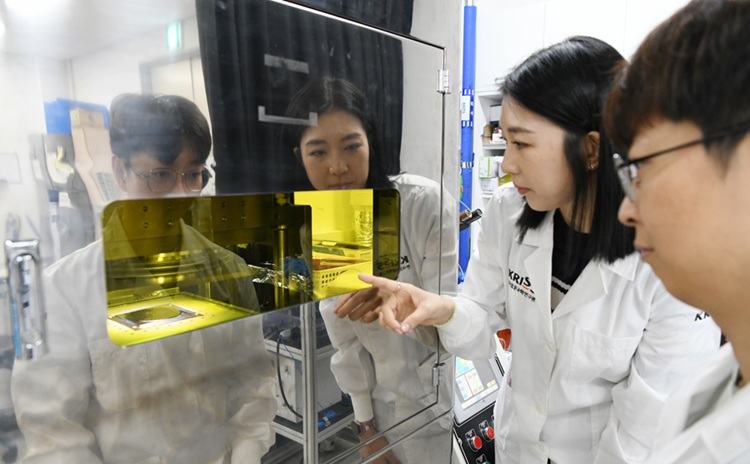
Nanomaterial multifuncional realiza simultáneamente diagnóstico, tratamiento y activación inmunitaria del cáncer
Los tratamientos contra el cáncer, como la cirugía, la radioterapia y la quimioterapia, presentan limitaciones significativas. Estos tratamientos no solo atacan las zonas cancerosas, sino... Más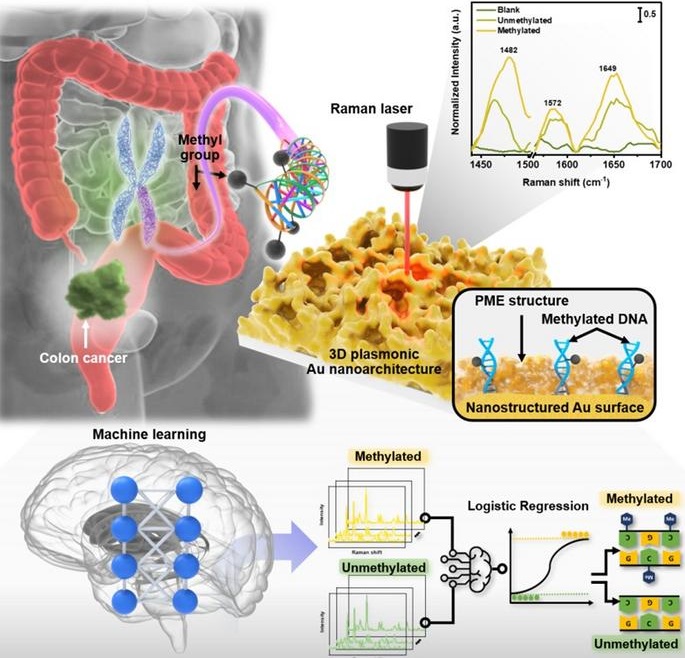
Biosensor ultrasensible basado en luz e IA permite diagnóstico temprano del cáncer
El diagnóstico de cáncer suele retrasarse debido a la dificultad para detectar marcadores oncológicos en etapas tempranas. En particular, la concentración de ADN metilado en... Más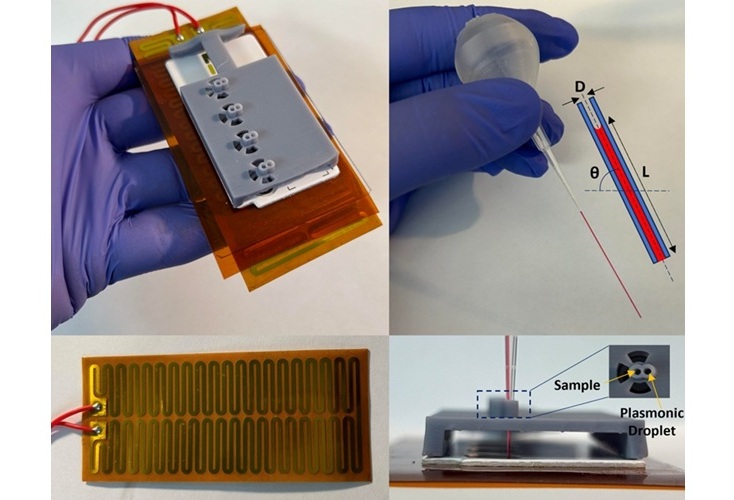
Tecnología de biodetección económica localiza biomarcadores de enfermedades en minutos
Las pruebas rápidas caseras para enfermedades como la COVID-19 se han vuelto cada vez más populares por su comodidad, pero presentan una desventaja importante: son menos sensibles que las... Más